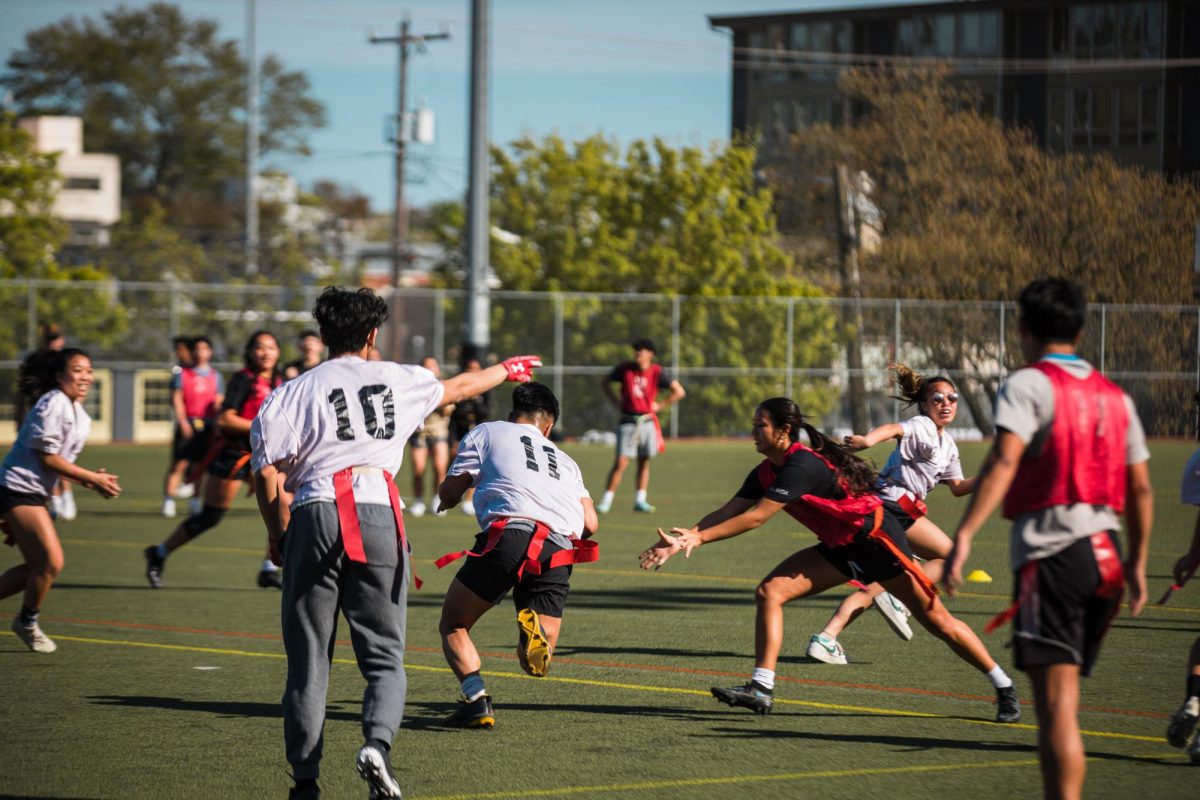National Football League (NFL) team owners voted to implement a new policy mandating that all players, as well as other team and league personnel, stand during the national anthem.
The policy comes after an NFL season in which anthem protests dominated not just sports headlines, but also the national political discourse.
The wave of anthem protests first began in 2016 when then 49ers’ quarterback Colin Kaepernick sat during the anthem through the first three games of the NFL preseason. Kaepernick’s refusal to participate was an act of protesting racial inequality, and in particular, police brutality.
Kaepernick altered his method of protest after speaking with Nate Boyer, who, at the time, was a long-snapper for the Seattle Seahawks and a member of the United States Army’s Green Berets. Boyer suggested Kaepernick kneel instead of sit, as this would be more respectful to veterans and current members of the armed forces.
Under the league’s new policy, both of these actions will result in a fine.
In the time since Kaepernick first sat, the movement grew as more and more players across the league joined in. Whether it be kneeling like Kaepernick or raising a fist in the air, the protests and their message spread.
Kaepernick and his former teammate and fellow protestor Eric Reid have both filed lawsuits against the league as they have been unable to get jobs in the NFL following their protests. They allege that the league has colluded against them in an effort to silence them.
The league additionally amended a clause in their Game Operations Manual that formerly stipulated all players must be present on the field for the anthem. Under the new policy, players now have the option to remain in the locker room during the anthem.
Teams, not the individuals themselves, will receive a fine if any of their players or personnel choose to be on the field and do not stand for the anthem.
The NFL has also left individual teams the option of creating their own team-specific policies, so long as they are consistent with the league’s policy.
The slew of changes to current policy was approved by NFL owners by a 31-0 margin, with one abstention.
Jed York, owner of the San Francisco 49ers was the sole owner to abstain from voting. York cited his desire for inclusion of players in the dialogue and creation of any policy. Additionally, York stated that the 49ers are considering whether or not they will sell concessions while the anthem is being performed.
The NFL Players Association (NFLPA)—who were not party to the creation of the new policy—expressed their discontent and stated they would “challenge any aspect of it that is inconsistent with the collective bargaining agreement,” in a statement released following the announcement of the policy.
Brian Onishi, an instructor in Seattle University’s philosophy department and avid sports fan, sees the lack of player involvement in the process as hypocritical.
“One of the things it’s attempting to do is it wants to promote patriotism and part of what that seems to entail is a sense of democracy, but not talking to the players union just doesn’t seem in any way in the same spirit of democracy to me,” he said.
Onishi has recently questioned whether he will continue to watch the NFL in light of the new policy and a slew of other issues he takes with the league.
“Players literally put their bodies on the line and get injured and then they don’t seem to be treated with much dignity,” he said.
Anthem protest reached Seattle U’s campus last season when the men’s basketball team chose to lock arms during the anthem. Their choice was meant to show solidarity with others who were exposing injustices in America.
“We’re on a university campus where social justice and all of these things are a big deal so we’re very open to engaging the student-athletes,” Sarah Finney, Seattle U Athletics’ Director of Communication said.
The team additionally wore warm-up shirts with the Martin Luther King, Jr. quote: “Injustice anywhere is a threat to justice everywhere.”
The university itself has no rules and had no qualms with the student-athletes actions. Both athletic administration and upper administration supported the players in their actions.
“Everything starts with a conversation and communication. It’s not necessarily about having rules about what our kids can and cannot do but opening lines of communication and getting the kids to talk amongst themselves,” Finney continued.
The National Collegiate Athletic Association (NCAA) has no policy barring players from participating in any form of anthem protest. The Western Athletic Conference (WAC) requires teams to be on the court for the anthem, but this is the extent of their rules.
Finney said that it remains to be seen whether Seattle U teams will participate in any demonstration or protest during the anthem next season, but that fostering a dialogue is once again the key.
“Once our fall sports start back up, once those teams come together, and start having conversations, at that time if there’s any wish to do something then it would become a conversation again and I would assume the procedure would be very similar to what we did with men’s basketball last year.”
Alec may be reached at [email protected].






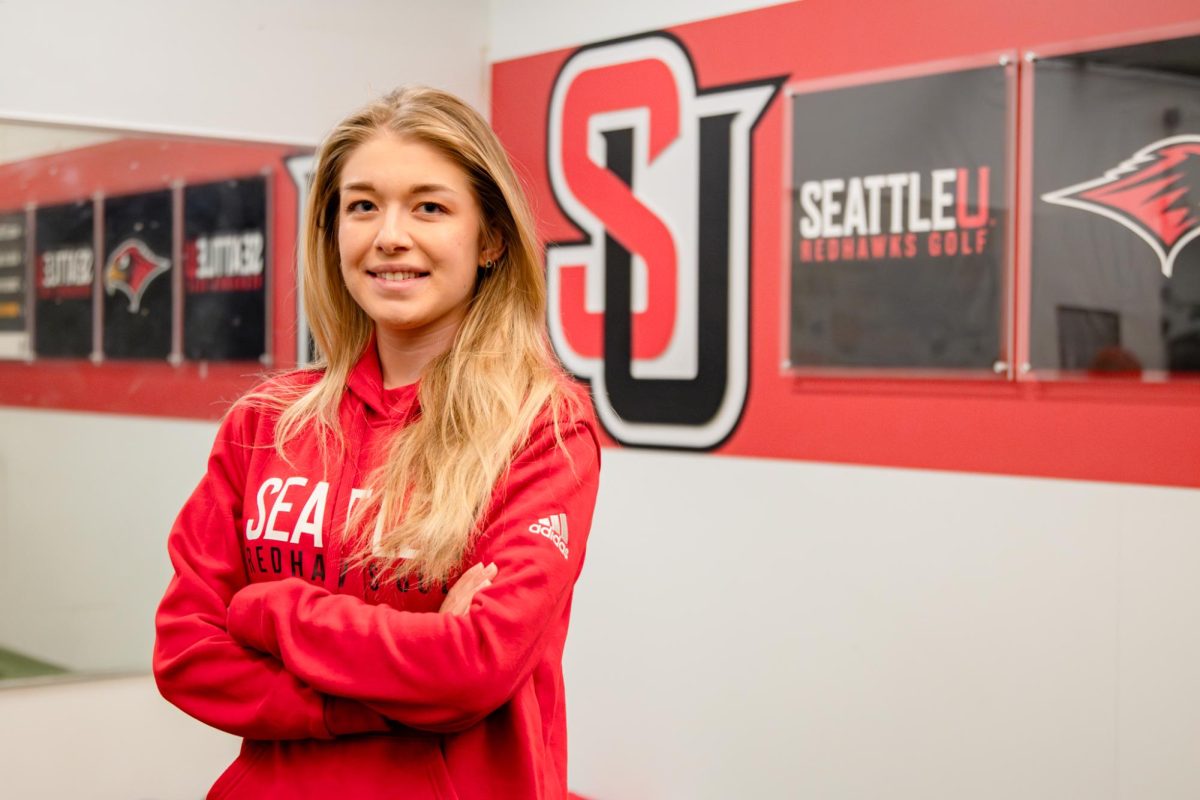
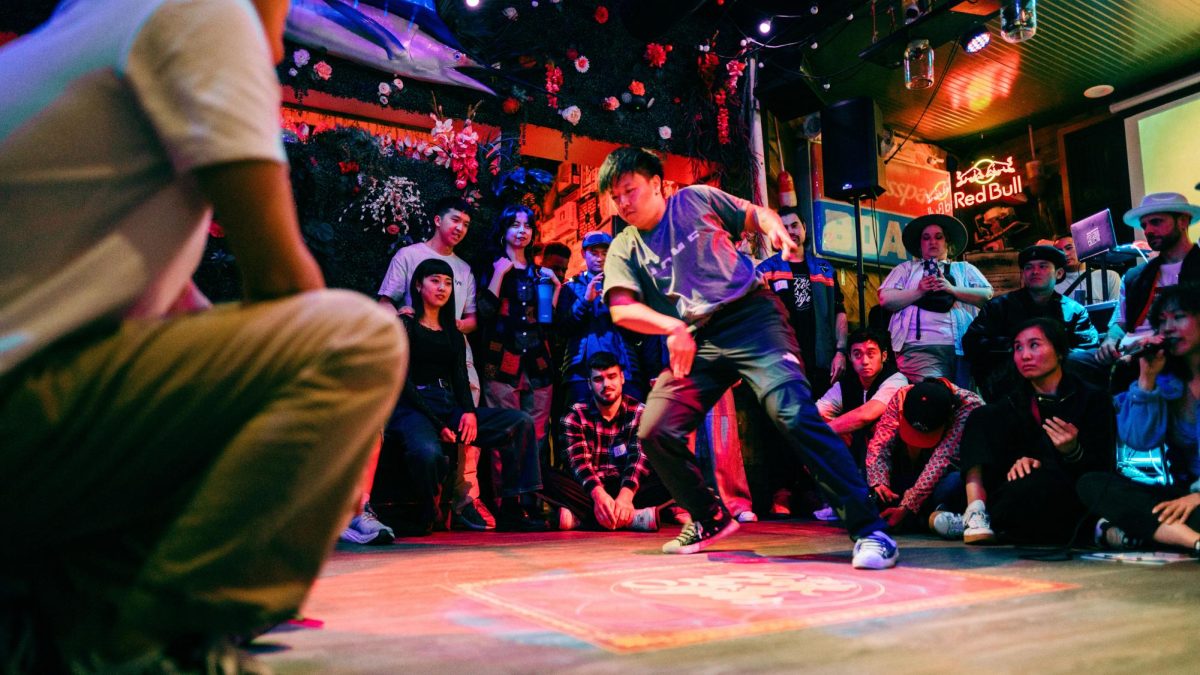
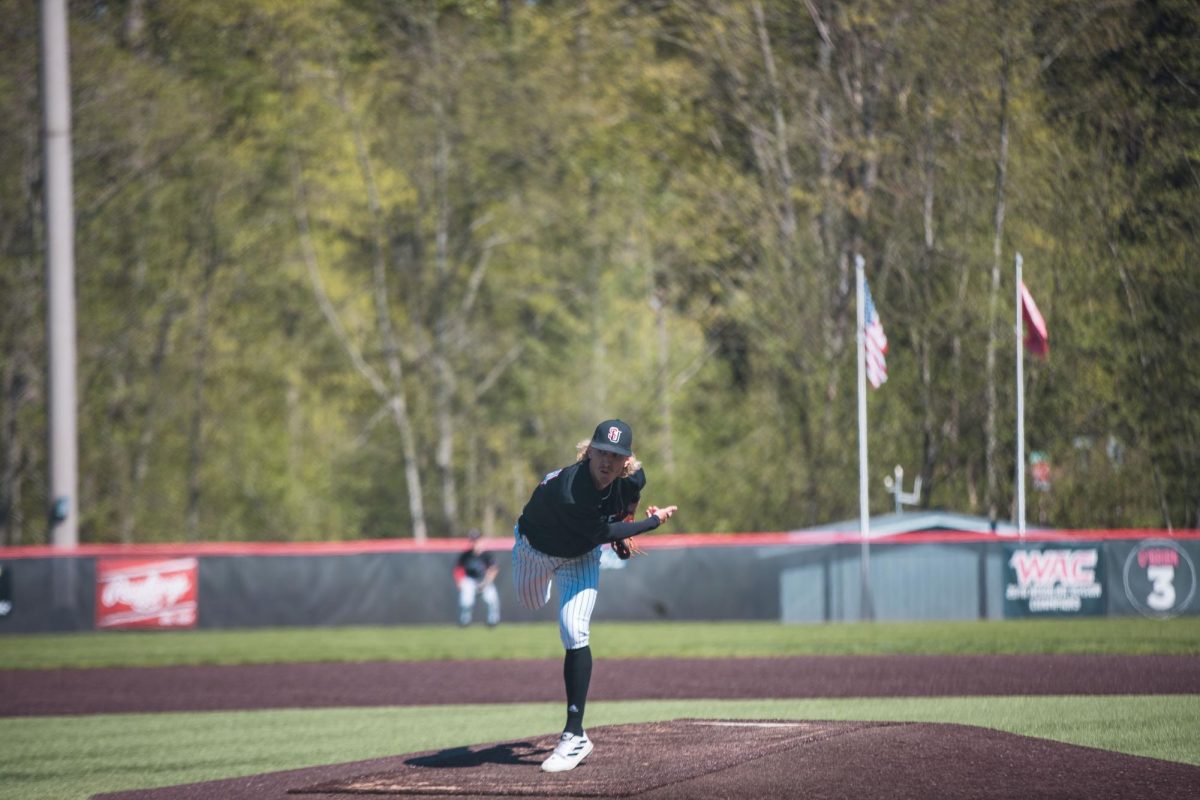
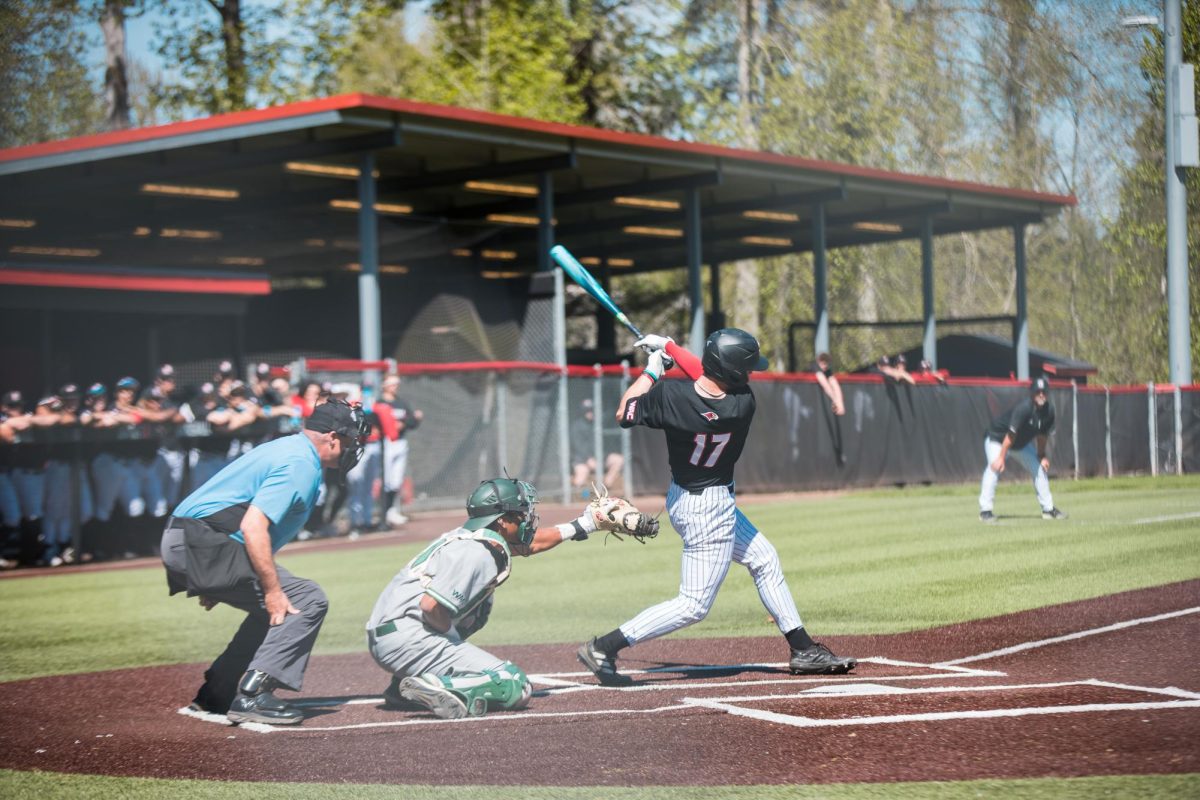
![The 2024 NBA Playoffs’ Best Moment May Be the First Round [Opinion]](https://seattlespectator.com/wp-content/uploads/2024/04/NBAPlayoffWeb-1200x791.jpg)
